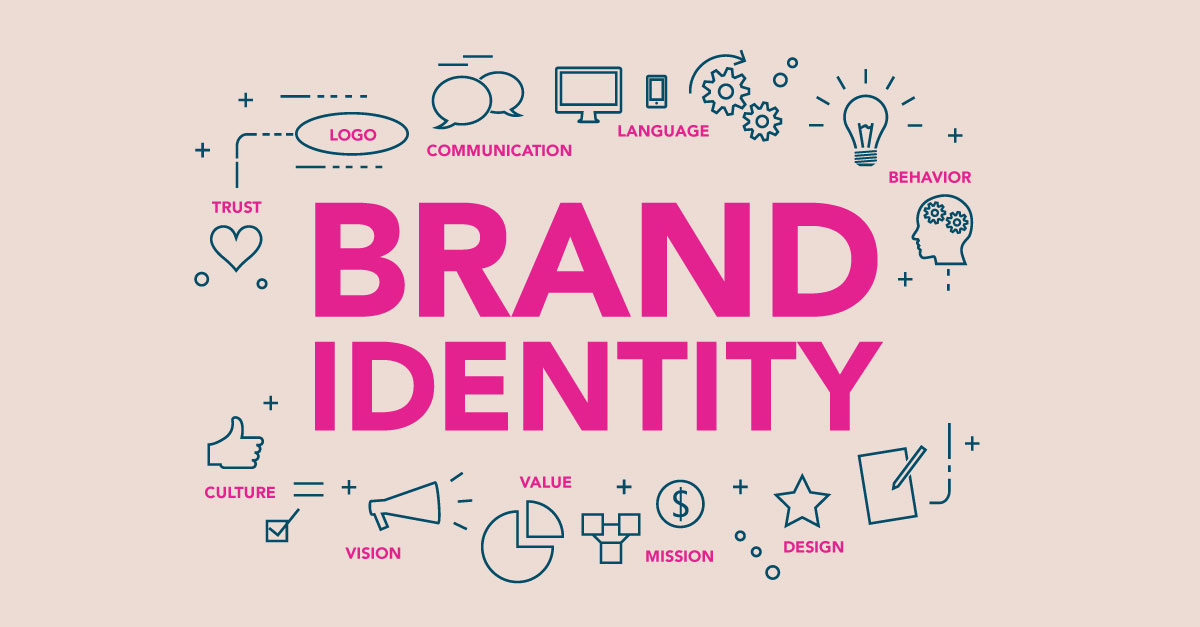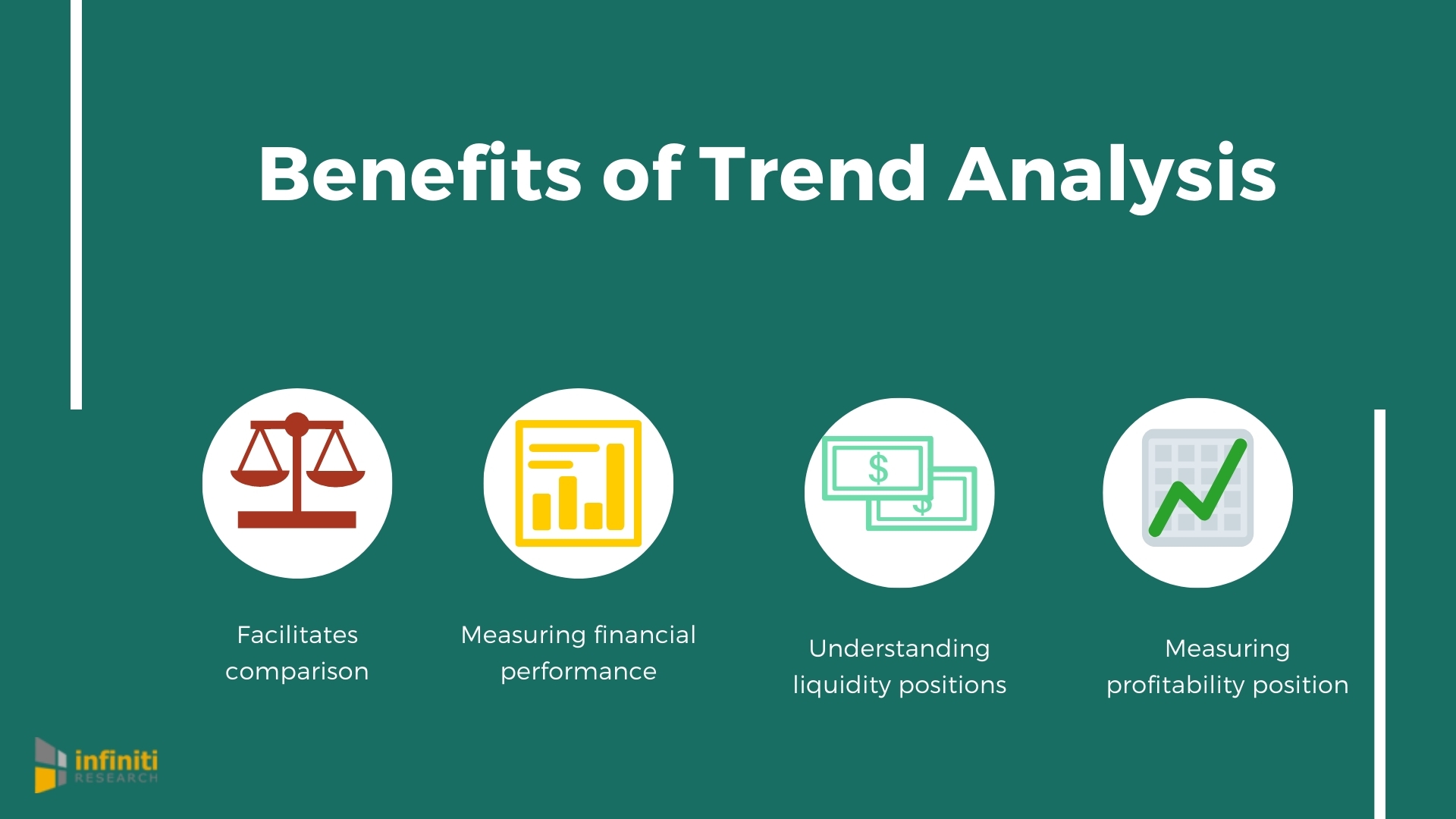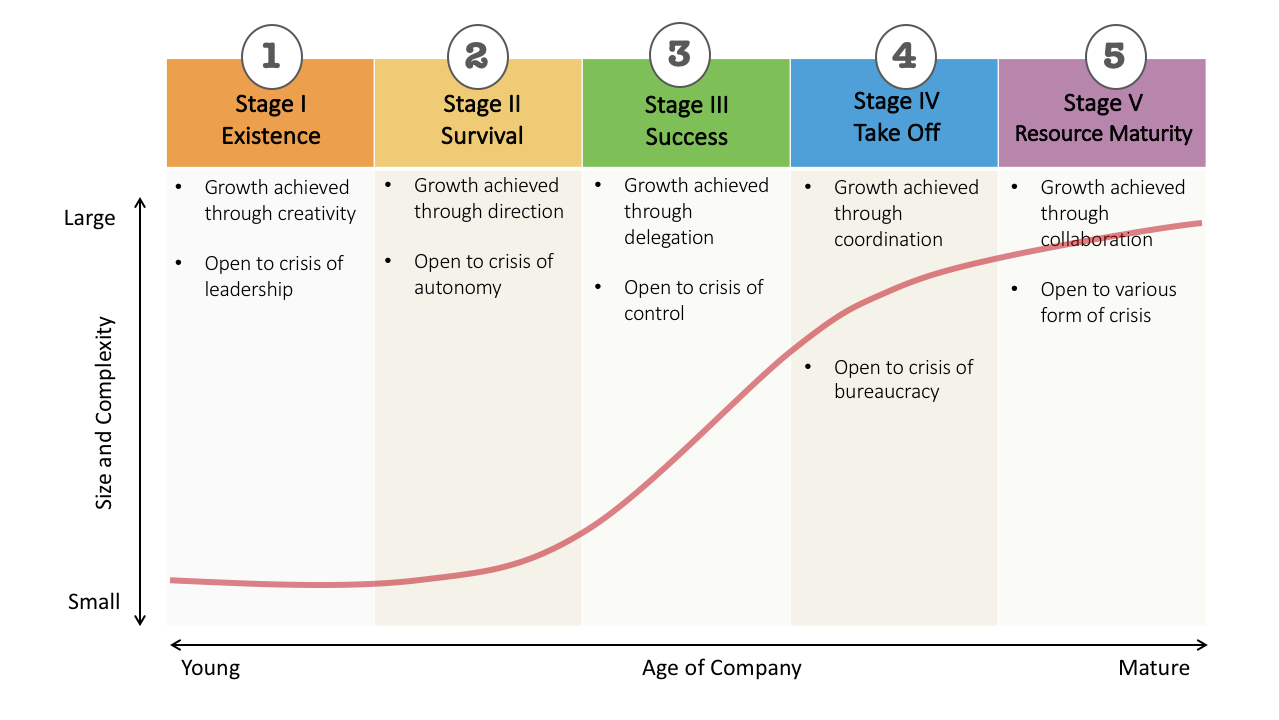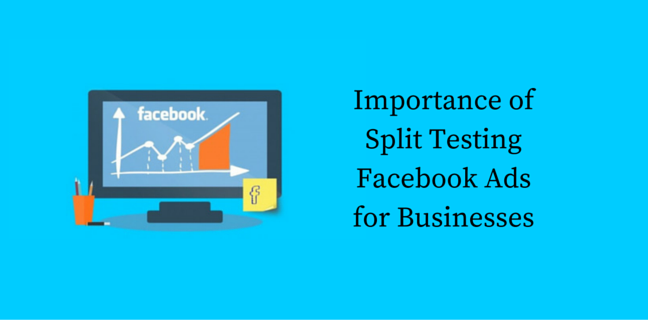In the vast sea of brands, how do you ensure your look stands out? Brand marketing, ad campaigns, product packaging, and customer persona are the key to unlocking your brand's potential and captivating your audience. It's not just about selling a product; it's about creating a connection that resonates with consumers on a deeper level.
By understanding your target market and customer persona, crafting compelling stories, and leveraging digital platforms effectively via company channels, you can elevate your brand above the noise. Join us as we dive into the world of brand marketing and discover how you can carve out your unique way in the market.
Understanding Brand Marketing
Brand Identity

Brand identity encapsulates a company's values and personality, setting it apart from competitors. Strong brand identity fosters trust and recognition among consumers. Consistency in branding elements like logos, color schemes, and messaging reinforces brand recall.
Effective brand identities can be seen in companies like Apple with its sleek design aesthetic or Coca-Cola with its timeless red logo. These visual representations immediately evoke specific emotions or perceptions tied to the brands they represent.
Pros:
- Differentiates business
- Builds trust and recognition
- Sets emotional connection
Cons:
- Requires consistency
- Needs continuous upkeep
Marketing vs Branding

Marketing involves promoting products or services to drive sales, while branding focuses on creating a unique business identity. Branding establishes an emotional bond with customers through storytelling and shared values. On the other hand, marketing tactics aim to convert people via leads into sales through targeted campaigns.
For example, Nike's "Just Do It" campaign not only promotes its products but also conveys a message of empowerment and determination closely aligned with the brand's ethos.
- Effective marketing aligns with branding.
- Branding creates emotional connections.
- Marketing drives sales conversions.
Brand Purpose

A clear brand purpose outlines why a business exists and what it aims to accomplish beyond profits alone. A strong brand purpose resonates with customers on a deeper level by addressing societal needs or aspirations alongside commercial goals.
Companies like Patagonia exemplify this approach by incorporating environmental sustainability as part of their core mission statement, attracting environmentally conscious consumers who align with their values.
Key Points:
- Defines business existence
- Inspires employees & resonates with customers
Importance of Brand Marketing
Business Success

Successful brand marketing plays a pivotal role in long-term business success. By fostering customer loyalty and advocacy via strong brands, they can command premium pricing, ultimately leading to increased profitability. For businesses looking to establish a solid foundation for growth, investing in branding early on is crucial.
Enhancing awareness among target audiences via brand marketing efforts is a primary goal. The sentence is not modified. To gauge the effectiveness of these campaigns, measuring awareness metrics like reach and impressions becomes essential.
Fostering Affinity
Creating an emotional connection with customers is key to fostering brand affinity. Engaging storytelling, personalized experiences, and exceptional customer service all contribute to building this bond with consumers. When customers feel connected to a brand on an emotional level, they are more likely to become loyal advocates who recommend the brand to others.
Key Elements of Strategy
Researching Markets

Market research is crucial in brand marketing. It helps understand target demographics, consumer preferences, and market trends. By analyzing these dynamics, businesses can tailor their branding strategies effectively. Moreover, studying competitors' positioning and customer needs offers valuable insights for developing a competitive edge.
For instance, when a new beverage company wants to launch a product targeting health-conscious consumers aged 18-30, market research would reveal the most preferred flavors among this demographic. Understanding such details enables the company to create branding strategies that resonate with its target audience better than competitors.
Competitor analysis plays a vital role in brand marketing strategy development. By examining rivals' branding tactics, businesses can identify gaps and opportunities in the market landscape. Assessing competitor messaging, visual identity, and customer perception provides actionable data for refining one's brand positioning.
Imagine a tech startup researching established competitors to differentiate itself in the crowded marketplace by highlighting unique features or offering superior customer service compared to industry norms.
Brand Guidelines
Brand guidelines serve as the blueprint for maintaining consistent brand representation across all platforms. They encompass specifications for logo usage, color schemes typography choices tone of voice consistency ensuring that every interaction reinforces brand identity cohesively recognizable across various touchpoints.
For example, suppose an e-commerce business has specific colors, fonts, and logos associated with its brand. In that case, keeping them consistent on the website, social media, and packaging materials creates uniformity, reinforcing brand recognition. Customers encounter different channels, and they immediately associate visuals and messaging with that particular business, establishing a strong, memorable impression.
Crafting Your Brand Story
Communicating Effectively

Effective brand marketing hinges on clear and consistent communication. To achieve this, it's crucial to understand your target audience's preferences and language. Tailoring your communication strategies to resonate with your audience increases engagement and brand loyalty. Utilizing multiple channels such as social media, email marketing, and traditional advertising helps broaden your reach and connect with a diverse audience base.
In the realm of brand marketing, impactful logos play a pivotal role in establishing brand identity. A well-designed logo serves as the visual representation of your brand, encapsulating its essence in a single image. Simple yet memorable logos are more likely to stick in consumers' minds, fostering brand recall. Ensuring that your logo reflects your brand's values and messaging is essential for building credibility and trust among consumers. Consistent usage of the logo across all platforms reinforces brand recognition, creating a cohesive branding experience for customers.
Developing a Strategy
Essential Steps
Building a strong brand marketing strategy starts with understanding your target audience. By defining who they are, what they need, and how your brand can fulfill those needs, you lay the foundation for effective branding. Establishing a unique value proposition sets your brand apart from competitors, giving consumers a reason to choose you over others.
Crafting a compelling brand story is crucial in connecting emotionally with customers. Your story should resonate with your audience's values and aspirations while showcasing the personality of your brand. Developing a comprehensive branding strategy that encompasses all these elements ensures consistency in messaging across all touchpoints.
Regularly evaluating and adjusting your branding efforts based on feedback and market changes is essential for staying relevant and competitive. This iterative process allows you to refine your strategies, adapt to evolving consumer preferences, and address any challenges that may arise along the way.
- Defining target audience
- Establishing unique value proposition
- Crafting compelling brand story
- Developing comprehensive branding strategy
- Consistent execution of branding efforts
- Regular evaluation and adjustment based on feedback
Tactics and Trends

To keep up with the ever-changing landscape of brand marketing, staying informed about current tactics and trends is vital. Leveraging digital tools like social media influencers can help expand brand reach by tapping into their engaged audiences. User-generated content also plays a significant role in building trust among consumers as it showcases real experiences with the brand.
Incorporating sustainability initiatives or cause-related marketing not only resonates well with today's socially conscious consumers but also helps differentiate your brand from competitors. By aligning with causes that matter to your target audience, you demonstrate authenticity and commitment beyond just profit-making motives.
Staying updated on industry trends such as immersive technologies or interactive experiences can give brands an edge in capturing consumer attention amidst increasing competition.
- Leveraging social media influencers
- Utilizing user-generated content
- Incorporating sustainability initiatives
- Embracing cause-related marketing
Digital Marketing Integration
Social Media Power
Social media platforms play a crucial role in brand marketing by offering a direct channel for engagement with customers. Leveraging social media analytics is essential to measure the effectiveness of brand campaigns and fine-tune strategies accordingly. By engaging with customers through social media, companies can cultivate brand loyalty and advocacy among their audience. For instance, responding promptly to customer queries or feedback on platforms like Twitter or Facebook can enhance brand credibility.
Utilizing various social media channels such as Instagram, LinkedIn, or Pinterest allows brands to reach different demographics effectively. Companies often leverage user-generated content on these platforms to showcase real-life experiences with their products or services, fostering authenticity and trust among potential customers. Running targeted ad campaigns based on user preferences and behaviors helps maximize the impact of brand marketing efforts on social media.
Video Advertising
Video advertising has emerged as a powerful tool for engaging audiences and conveying impactful brand messages online. Platforms like YouTube and TikTok provide extensive opportunities for brands to reach their target audience through video ads strategically placed within relevant content. Incorporating storytelling elements in video ads can create an emotional connection with viewers, leaving a lasting impression that resonates beyond the viewing experience.
Avoiding Pitfalls
Common Mistakes
Consistency across different channels is crucial in brand marketing. Neglecting this can confuse consumers. Understanding the target audience's needs and preferences is vital for effective branding efforts. Failing to do so may lead to ineffective results. Competitor analysis plays a significant role in identifying unique selling points and market opportunities.
- Neglecting consistent branding across channels
- Failing to understand target audience needs
- Overlooking competitor analysis
Consistency in Branding
Consistent brand marketing fosters trust, recognition, and customer loyalty. It reinforces brand identity through visual elements, messaging, and customer experience consistency. Inconsistencies dilute brand perception and create confusion among consumers.
- Builds trust, recognition, loyalty among customers
- Reinforces brand identity through consistency
Measuring Success
Business Growth

Strong brand marketing plays a pivotal role in driving business growth. By establishing a robust brand, companies can not only allure new customers but also retain existing ones. For instance, renowned brands like Apple or Nike continually attract loyal customers due to their well-crafted branding strategies. Moreover, a solid brand foundation facilitates the expansion into new markets and the introduction of novel products effortlessly. This adaptability is crucial for staying competitive in ever-evolving industries.
Positive word-of-mouth stemming from effective brand marketing efforts can significantly boost organic growth for businesses. When satisfied customers share their experiences with others, it creates a ripple effect that attracts more potential buyers. A prime example is how social media platforms amplify word-of-mouth recommendations, enabling brands to reach wider audiences organically without hefty advertising costs.
Best Practices
To ensure successful brand marketing, it's essential to adhere to best practices meticulously. Conducting thorough market research aids in understanding consumer preferences and market trends better, allowing companies to tailor their branding strategies accordingly. Defining a clear brand purpose helps align all marketing efforts towards achieving specific goals and resonating with target audiences effectively.
Consistency is key in maintaining a strong brand presence across various touchpoints like websites, social media platforms, and advertisements. Regularly evaluating the effectiveness of branding initiatives through metrics such as customer engagement or sales conversion rates enables organizations to identify areas for improvement promptly. Collaborating with experienced professionals or agencies specializing in brand marketing brings valuable insights and expertise that can elevate branding strategies to new heights.
Unique Statistics on Brand Marketing
According to a study by Statista, global spending on brand marketing is projected to reach $1.3 trillion by 2025, showcasing the long-term investment companies are making in building and maintaining their brands. A survey by HubSpot found that companies that consistently invest in brand marketing see an average revenue increase of 23% annually, highlighting the effectiveness of long-term brand building strategies.
Long-Term Nature of Brand Marketing
Effective brand marketing involves tailoring strategies to suit the preferences of the target audience, ensuring maximum impact. By aligning branding efforts with what resonates most with customers, companies can create a strong connection that fosters loyalty and drives sales. For instance, if a brand targets environmentally conscious consumers, emphasizing sustainability in its messaging can significantly boost engagement and conversion rates.
Integrating both online and offline marketing channels is crucial for creating a seamless brand experience across various touchpoints. This approach ensures that customers receive consistent messaging regardless of where they interact with the brand. For example, a company could use social media platforms to drive traffic to physical stores by promoting exclusive in-store events or discounts available only to online followers.
Leveraging data-driven insights allows brands to make informed decisions and refine their strategies effectively. Analyzing customer behavior patterns, demographics, and preferences helps companies tailor their marketing campaigns for better results. By utilizing tools like Google Analytics or social media analytics platforms, businesses can track key performance indicators (KPIs) such as website traffic sources or conversion rates to optimize their marketing efforts continuously.
Continuous improvement is at the core of successful brand marketing initiatives as it involves ongoing evaluation and adjustment based on performance metrics. Regularly monitoring KPIs such as customer engagement levels or return on investment (ROI) helps identify areas that need enhancement or modification within branding strategies. Embracing feedback from customers through surveys or reviews provides valuable insights into consumer perceptions and expectations, enabling brands to adapt proactively.
Adapting to changing market dynamics ensures continuous growth by staying relevant and competitive in an ever-evolving landscape. Brands that are agile in responding to industry trends or shifts in consumer behavior are more likely to thrive long-term compared to those resistant to change. By embracing innovation and being open-minded towards new approaches, companies can position themselves strategically for sustained success in brand marketing endeavors.
Utilising Press Releases

Press releases can be a valuable tool in brand marketing, as they allow companies to communicate important news and updates to the public and media outlets.
By issuing press releases, brands can increase their visibility, credibility, and brand awareness. Press releases can also help generate buzz and interest around new products or services, attract media coverage, and enhance the overall reputation of the brand.
Additionally, press releases can be distributed online through various channels, reaching a wider audience and driving traffic to the brand's website. Overall, press releases are an effective way to promote a brand and its offerings in a strategic and targeted manner.
Closing Thoughts
So, you've delved into the realm of brand marketing, understanding its importance, key elements, and strategies. Crafting your unique brand story and integrating digital marketing are crucial steps in this journey. Remember, avoiding common pitfalls and consistently measuring success will guide you towards long-term brand growth.
As you navigate the dynamic landscape of brand marketing, keep refining your strategies, adapting to trends, and staying authentic to your brand's essence. Embrace the process as a marathon, not a sprint – gradual progress yields lasting results. Now armed with insights and knowledge, go forth and conquer the world of brand marketing with confidence!
Frequently Asked Questions
What is Brand Marketing?
Brand marketing involves creating a unique identity for your product or service to differentiate it in the market and connect with customers on an emotional level.
Why is Brand Marketing Important?
Brand marketing helps build trust, loyalty, and recognition among consumers. It sets you apart from competitors and influences purchasing decisions in your favor.
How do I Develop a Strong Brand Story?
Crafting a compelling brand story involves identifying your values, mission, and vision. Communicate authentically to resonate with your target audience emotionally.
Why Should I Integrate Digital Marketing into My Brand Strategy?
Digital marketing allows you to reach a wider audience online through various channels like social media, email campaigns, and SEO strategies for increased brand visibility.
How Can I Measure Success in Brand Marketing?
Success in brand marketing can be measured through metrics such as brand awareness, customer engagement, conversion rates, customer retention, and overall revenue growth.
Free Press Release Template
Tell us where to send your PDF:







